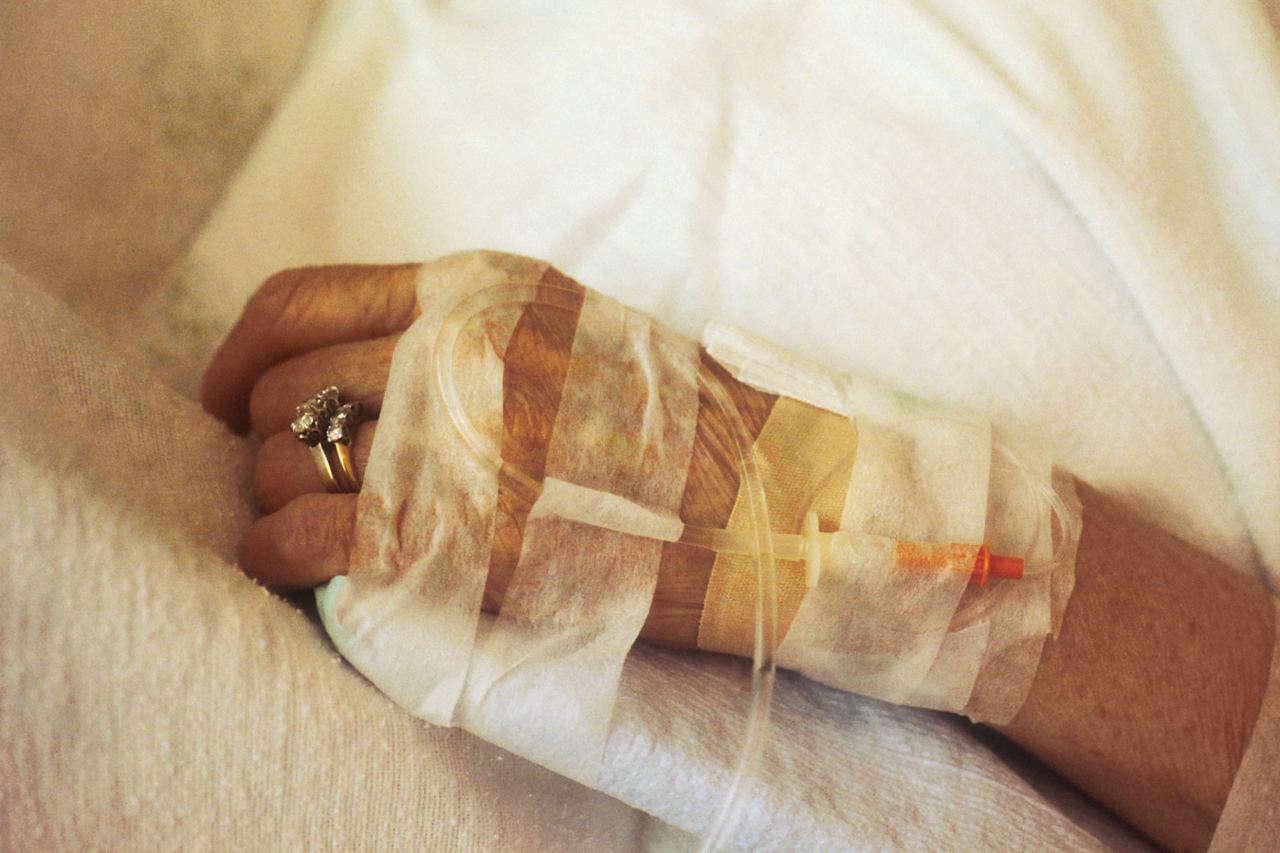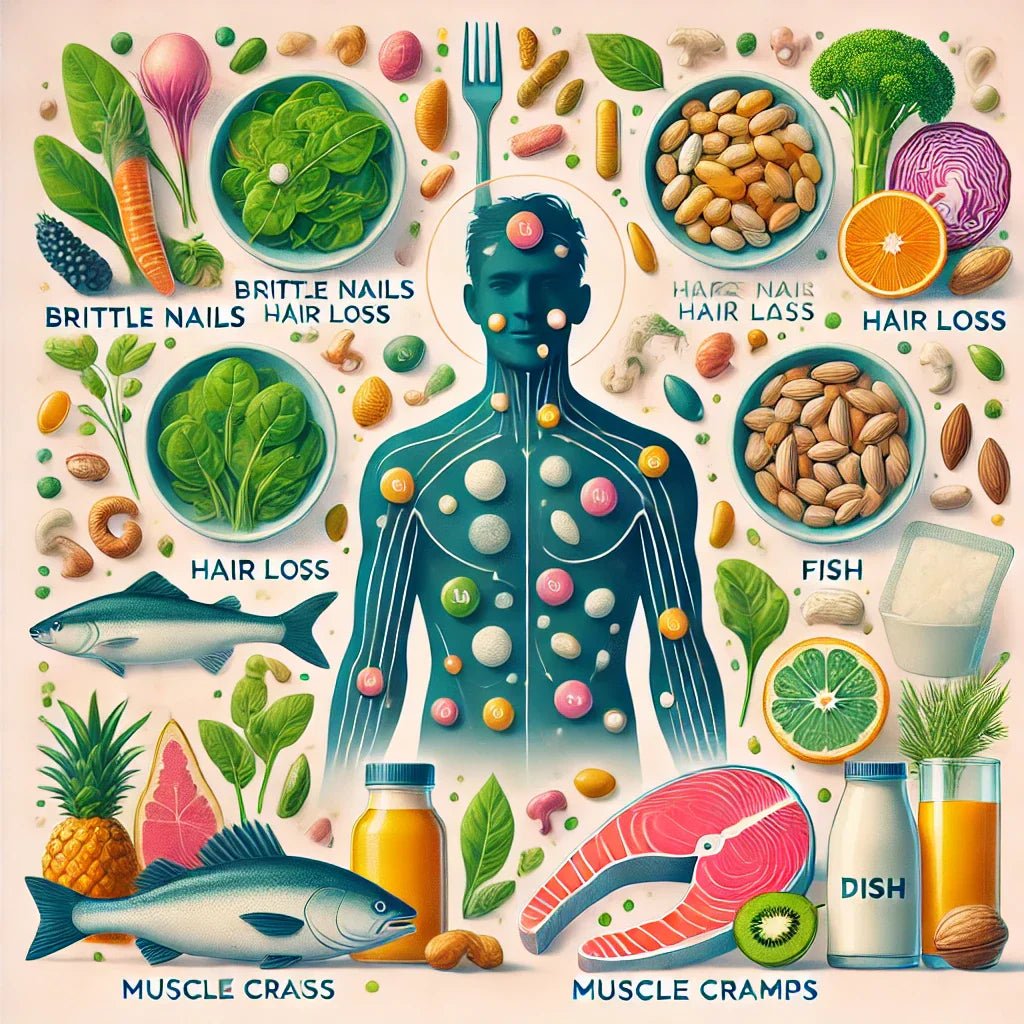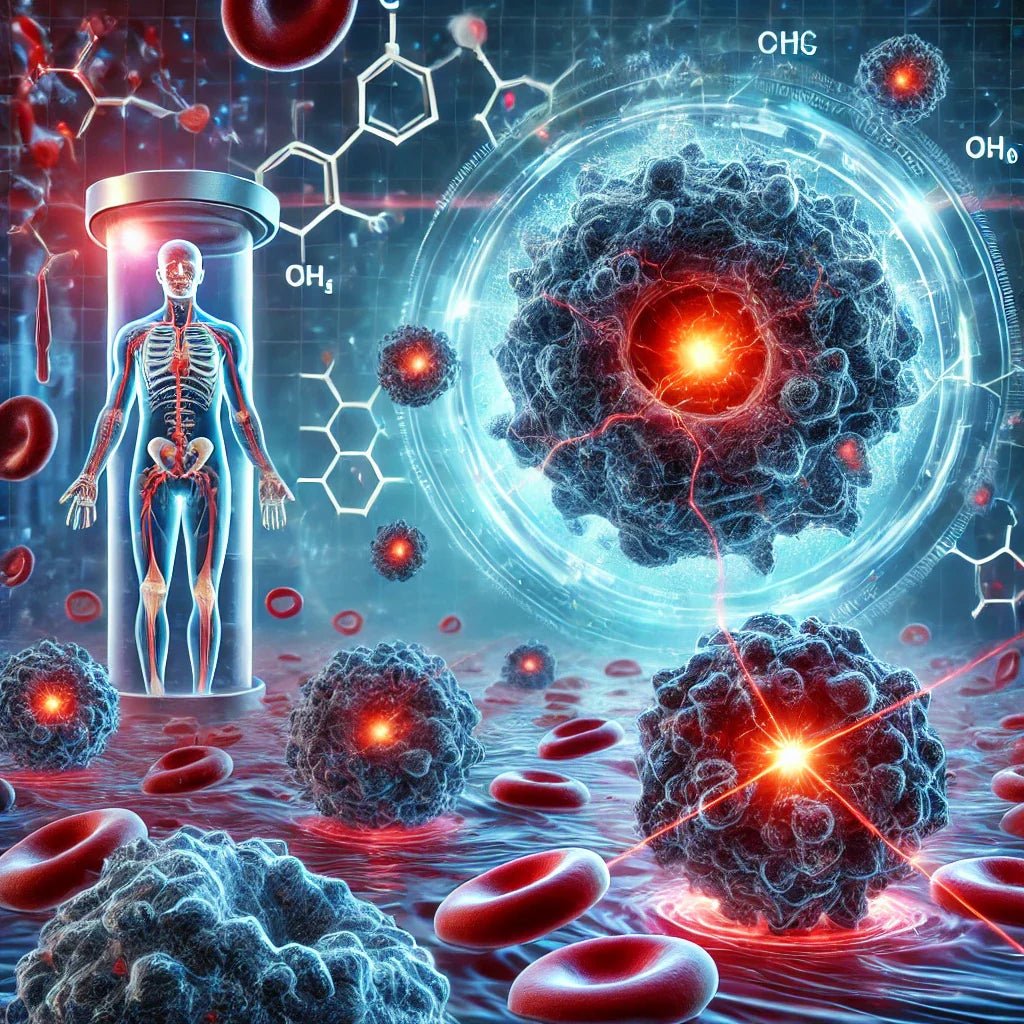Colloquially, the terms cancer and cancer are often used interchangeably, but they are not synonyms! To understand the terms mentioned, we will describe the difference in their meaning after the fudge.
What are cancers?
CANCER - these are pathological formations originating from normal body tissues, created by mutated cells (called cancer cells), which grow in a way that is completely uncontrolled by the body. We divide them into two basic groups - benign and malignant tumors.
Benign (non-malignant) tumors - these are tissue masses, not much different in structure from the image of healthy tissues, most often encapsulated, developing slowly. Importantly, they do not destroy surrounding tissues, do not infiltrate and do not have the ability to metastasize. Common symptoms of the disease include bleeding or pressure on adjacent organs. This type of pathology includes papillomas, adenomas, fibroids, and lipomas. In most cases, their treatment is not complicated and although they occur more often than CANCER, they do not pose a major oncological problem. However, it should be remembered that even minor therapies or surgeries can cause considerable stress to the patient and his family.
Can a benign change "change your attitude" ? It happens that benign changes may turn into malignant ones. Tissues with such predispositions are called precancerous lesions - a great example of this are adenomas (polyps) of the large intestine, which herald a greater risk of developing colorectal cancer. Cancer transformation is a long-term and multi-stage process. It occurs as a result of a series of gene mutations in the cell, i.e. under the influence of genetic predisposition and environmental factors, such as:
- ionizing radiation (e.g. X-rays)
- free radicals produced in the human body or entering it through food, air or cigarette smoke,
- air pollution,
- hormonal therapies,
- strong exposure to chemicals with carcinogenic properties.
Malignant tumors - tumors with low tissue differentiation, do not have capsules, and at the same time not only infiltrate adjacent organs, damaging their healthy structure, but also have the ability to grow very quickly, uncontrolled and create metastases (i.e. tumors in various, unrelated places). body, they use the circulatory or lymphatic system for this purpose). Unlike benign tumors, malignant tumors tend to recur after treatment. These are pathologies with aggressive development, significantly more dangerous to health and life. Depending on the tissue from which the disorder originates, malignant tumors are divided into types:
- CANCER (epithelial cells) - the most common ones include ENDURAL CANCER , BREAST CANCER, COLOR INTESTINE CANCER, PROSTATE CANCER, URINARY BADDER CANCER , STOMACH CANCER , UTERINE CANCER
- Leukemia (hematologic cells)
- Sarcoma (soft tissue)
- Glioma (nervous system cells)
- Melanoma (pigment cells)
Their treatment is complicated and depends very much on the stage of the disease, the number of metastases and the general condition of the patient. Unfortunately, in most cases, the beginnings of CANCER development in the body do not give any clear signals. However, there are certain symptoms that are seen with many types of cancer and should not be underestimated, including :
- morning vomiting, sudden weight loss, feeling of fullness
- enlarged lymph nodes ,
- skin lesions, ulcers, change in the appearance of moles,
- pain, shortness of breath, chronic fever ,
- disorders of the digestive system - difficulty swallowing food, constipation, diarrhea, blood in the stool,
- general weakness, fatigue, apathy, trouble sleeping, impaired consciousness
- persistent hoarseness, change in the nature of cough, hemoptysis,
- bleeding and abnormal discharge from the genital tract,
- difficulty urinating, hematuria
Thanks to the development of medicine and a wide range of diagnostic tests, doctors are increasingly able to detect cancer in its early stages, which eases the treatment and increases the chances of successfully completing the treatment or even fully curing the patient.
AUTHOR:
Marta Wcześniak
CLINICAL DIETITIAN
Sources:
-
Edward Ozga-Michalski (ed.), Agnieszka Jagiełło-Gruszfeld (consultation): Benign tumor is not cancer . Pharmaceutical and Medical Portal. [accessed 2019-03-08]. [archived from this address (2016-07-07)].
-
Drewa G., Ferenc T., Medical genetics, Wrocław, Elsevier Urban & Partner, 2011, ISBN 978-83-7609-295-9
-
Cybulski C., Górski B., Huzarski T., et al, CHEK2 Is a Multiorgan Cancer Susceptibility Gene, AJHG 2004, 75(6): 1131-1135
-
Niedzielska I., Orawczyk T., Szaniewski K., Ziaja K., Polyp and colon cancer, Chirurgia Polska 2008, 10(1):30– 34






